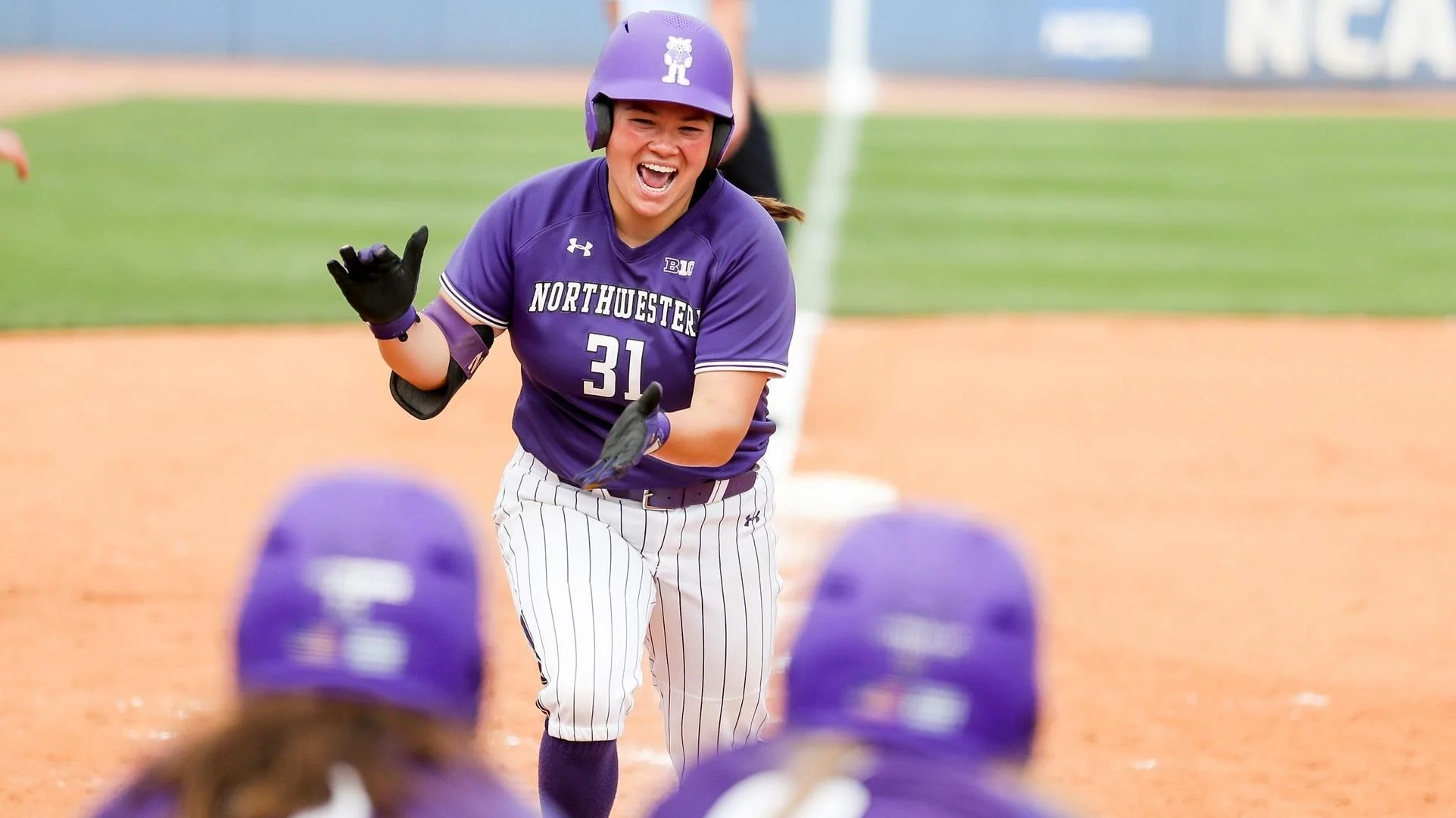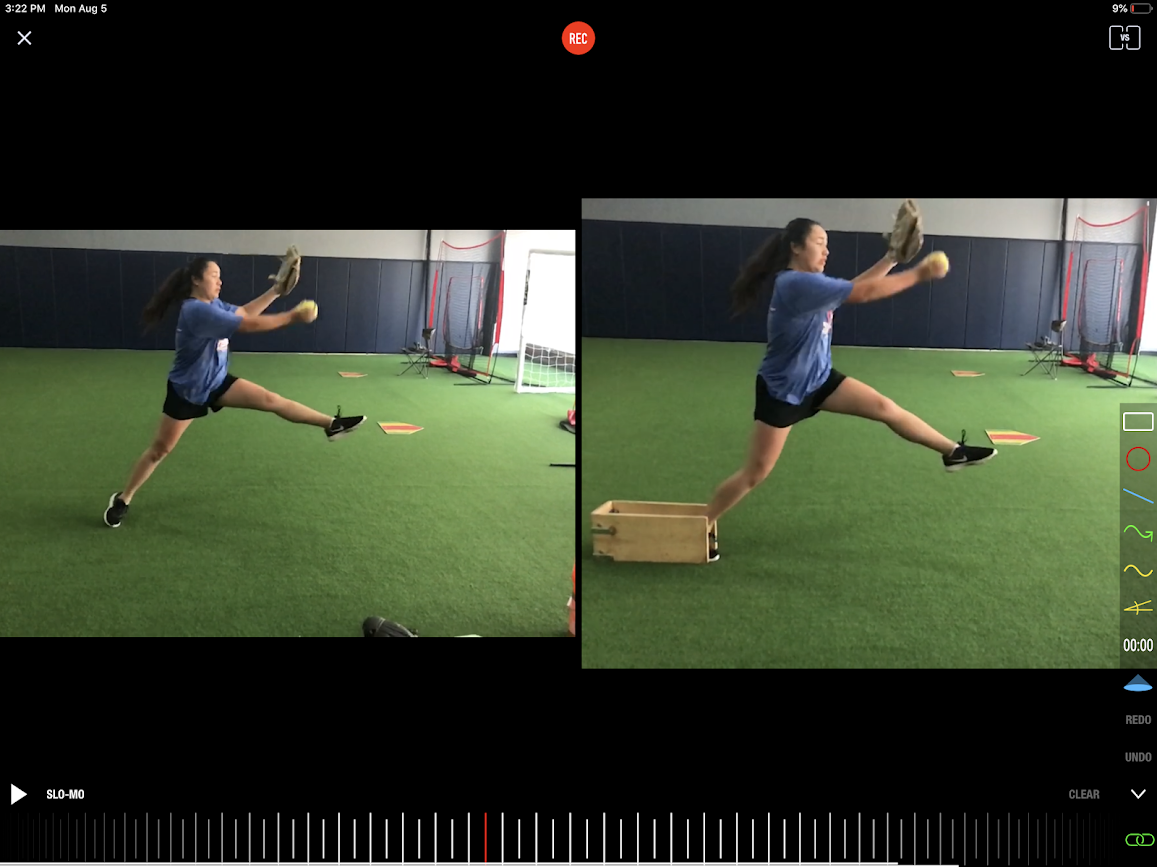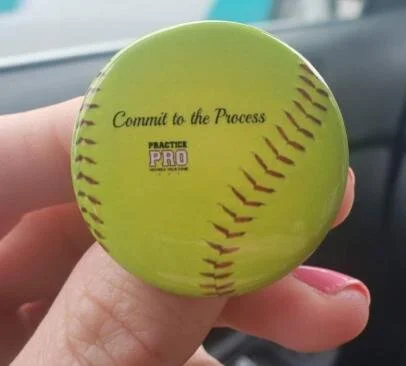*As Published in Fastpitch Magazine
The stronger your reason for doing something the more likely you are to do it, especially for pitchers. Often students come to pitching lessons with vague goals. Young players might come because their parents want them to learn how to throw it over the plate so the games go faster. Experienced players come because they want to simply "get better."
I'd like to offer you a little help on figuring out your "why" for taking pitching lessons. That is, for going week after week, year after year, throwing game after a game, before practice, after practice, or even when you have a ton of school work. What are you doing here anyway?
Your pitching coach's job is to help you develop a repeatable motion as soon as possible.
I'd like to offer you a little help on figuring out your "why" for taking pitching lessons. That is, for going week after week, year after year, throwing game after a game, before practice, after practice, or even when you have a ton of school work. What are you doing here anyway?
Your pitching coach's job is to help you develop a repeatable motion as soon as possible.
Read More





















